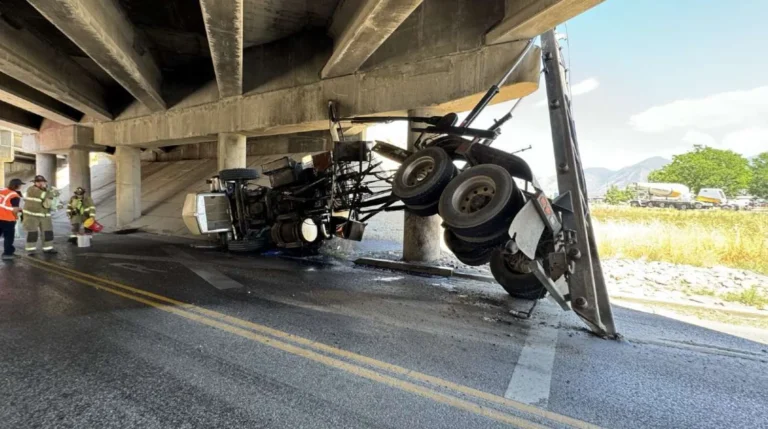In many aspects, truck and car accidents are similar apart from the fact that they are on a different scale and further bear more complications in legal and investigative processes. The size and weight of a truck cause more destruction and injuries, which happening many times with multiple victims and vehicles. More than just the physical involvement, cases of truck accidents come with more complex and multifaceted issues concerning evidence, liability, and regulations, making them very hard to settle. It is important for anyone seeking to file a claim for a truck accident to appreciate these challenges and look for the guidance of a lawyer from Dolan Dobrinsky Rosenblum Bluestein.
Severity of Damages and Injuries
Trucks are heavier and larger in size, meaning they have a higher detrimental impact whenever a crash is involved. For instance, where a collision involving two ordinary vehicles may leave only a few scratches or bruises on the people involved, collisions with trucks have a history of inflicting grave injuries or death. These patients may undergo prolonged hospitalization and rehabilitation services, increasing compensation claims. Moreover, since unpleasant ramifications include future medical attention and inability to work earnings, it is complicated to work out the damages.
Involvement of Multiple Parties
Unlike car accidents, where liability typically lies with the drivers involved, truck accidents often involve multiple stakeholders. These could include the truck driver, trucking company, cargo loaders, vehicle manufacturers, or maintenance teams. Determining liability requires investigating the roles and responsibilities of each party.
For example, if a motor carrier fails to train its drivers properly or ignores the federal hours regulations, it may be held liable. In the same way, loading the cargo improperly may also result in accidents, thus putting the logistics companies on the hook, too.
Regulatory Complexity
Numerous federal and state policies bind the operations of long-haul truck drivers and companies, which include those implemented by the FederalMotor Carrier Safety
Administration (FMCSA). These laws include provisions related to driver hours of service, truck maintenance, and limitations on the loads transported by trucks. A breach of these rules may, with reasonable certitude, change the result of the case; however, it does have to be proved, and a lot of work and expert witnesses are needed for this.
Collection and Analysis of Evidence
Cases involving truck accidents typically contain much more evidence than is usually the case for automobile accidents. Important evidentiary materials comprise:
- Black box data: Vehicles are outfitted with electronic logging devices (ELDs) that save information about speed and braking, as well as hours in service.
- Maintenance and inspection logs: These papers can reveal whether the truck was well maintained on the day the accident occurred.
- Driver’s logs and records: These logs are used to assess any fatigue-related issues or possible rule violations that may have triggered the crash.
Collecting and examining such evidence requires specialized skills, which further complicates and prolongs the entire legal process.
Conclusion
Specific challenges distinguish truck accident cases from other cases, such as the regulatory framework, the nature of evidence, the number of parties liable, and the level of compensation. All of these factors require sufficient legal services so that the victims are compensated, and justice is secured in an appropriate manner. When a truck accident occurs, knowing where the complexities lie in such an extensive process comes as the first step, which is vital in the legal recovery and rehabilitation. We hope this blog has helped you with some crucial understanding to seek legal guidance in times of need.
